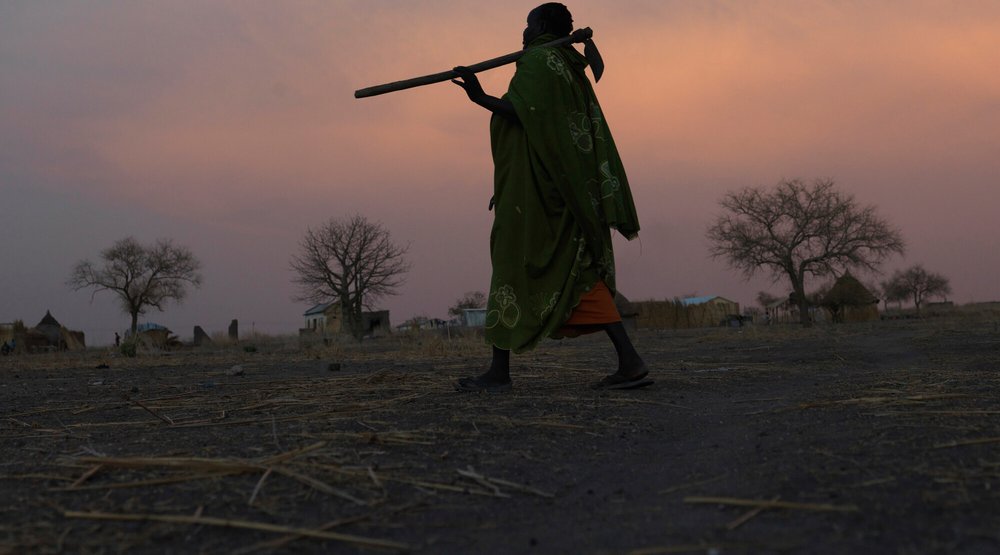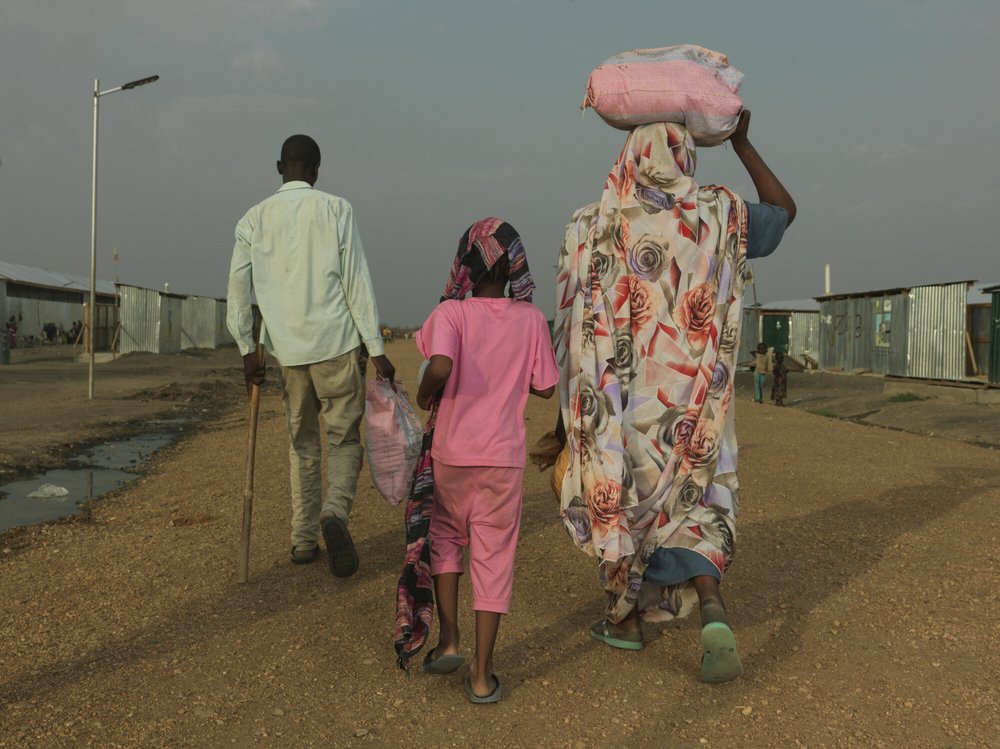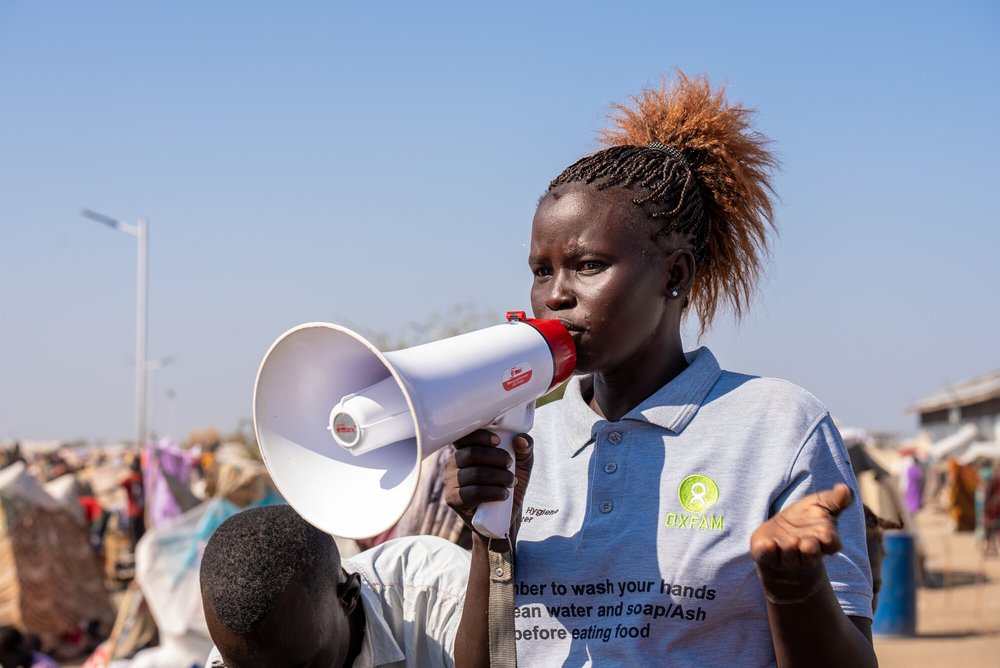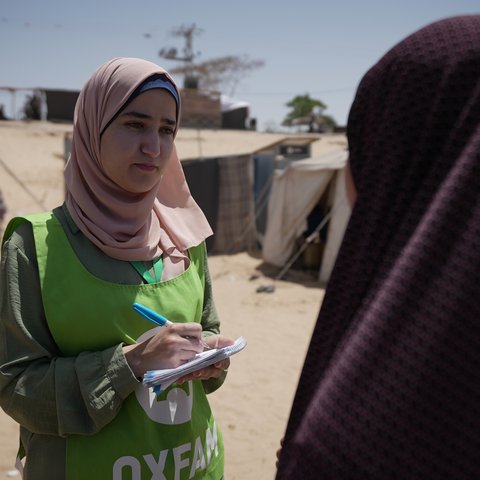Almost six million people – nearly half of South Sudan’s population – are experiencing acute hunger, with limited access to clean water or sanitation. Massive aid cuts have forced humanitarian programmes to scale down just as needs are soaring. Alongside the influx of people fleeing Sudan, more than 2 million people are internally displaced due to conflict and widespread flooding across South Sudan.
This year, South Sudan has seen the lowest level of donor funding since it gained independence in 2011. With just weeks left in the year, the country’s $1.6 billion Humanitarian Need and Response Plan for 2025 is less than 41 per cent funded.
In Renk, one of the country’s most densely populated towns – where up to 1,000 people are arriving at transit centres every day – Oxfam is being forced to scale down its operations by 70 per cent over the next month. Unless new funding is secured by February, Oxfam will have to shut down its operations there entirely.
"These aid cuts are catastrophic for the millions of people already grappling with extreme hunger and disease, said Shabnam Baloch, Oxfam’s South Sudan Country Director.
“We are now confronted with the heartbreaking reality of having to scale back our humanitarian response and in Renk, potentially have to close entirely in less than three months. It is as though the world is turning its back on those who need help the most, at the very moment when their survival hangs in the balance.”
In Renk, communities are also facing severe health risks. Currently, there is only one clean water tap for every 433 people in one transit centre – almost half the accepted humanitarian standard. New cases of cholera, acute watery diarrhoea and Hepatitis E continue to be reported, with 450 (35 per cent) hospitals or health clinics either closed or severely disrupted.
Maria moved to Sudan but returned to South Sudan because of the escalating civil war across the border. She says there is poor sanitation and hygiene and many water taps no longer work.
"We fear for the fact we no longer see the help we had before. Households are now minimising the amount of water they use, and we could see a worse situation where there is little or no water at all. Yet water is life," she added.



